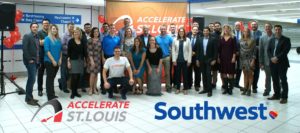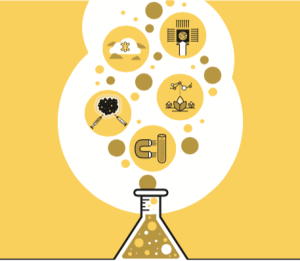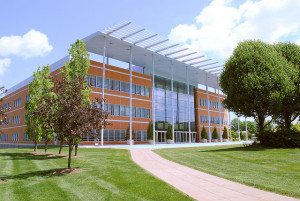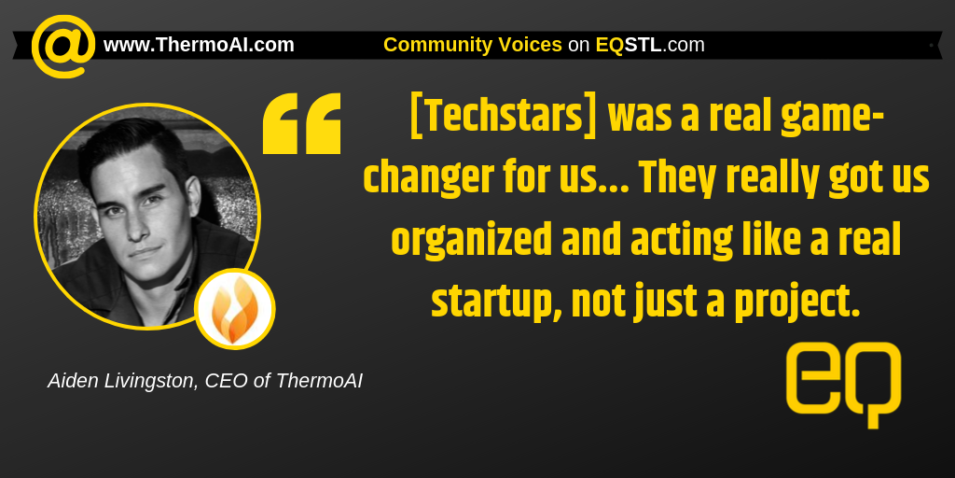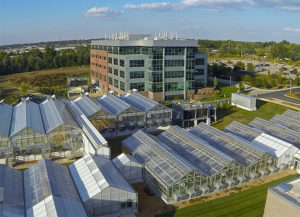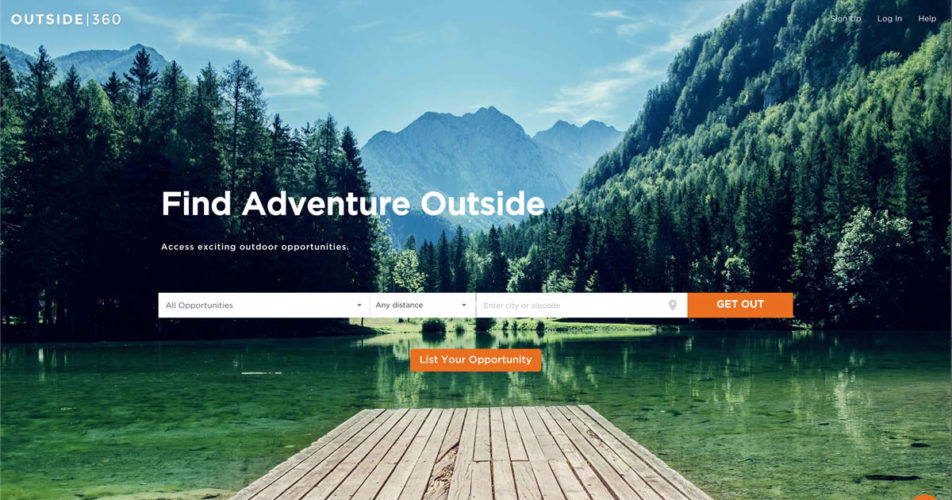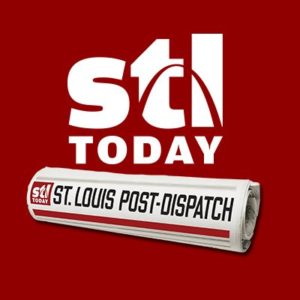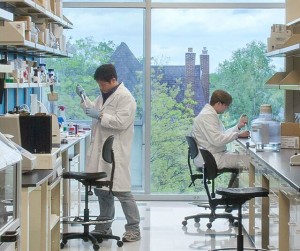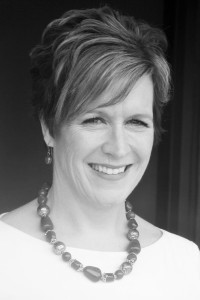Presented by Cultivation Capital
How St. Louis Startup Pulse Therapeutics Attracted Success
Pulse Therapeutics was founded in 2008 in St. Louis. The life science startup patented a technology to combat blood clots using the power of magnets. According to CEO, Sean Morris, a company needs two things to succeed in the startup environment.
According to Pulse Therapeutics CEO Sean Morris, a company needs two things to succeed in the startup environment. “You have to have a good story, a compelling story,” he says. “You also have to have a good storyteller.”
Pulse Therapeutics has the story. Founded in 2008 in St. Louis, the life science startup patented a technology to combat blood clots using the power of magnets.
To understand how it works, one must think of a plumbing system. When a pipe becomes clogged, the flow to other pipes continues unabated.
To treat the clog, you administer a clearing agent; in the case of a blood clot, medicine to dissolve it administered intravenously. The problem is getting the medicine where it needs to go.
“It’s going to go to all the pipes that are open since there’s nothing obstructing that flow, but really what you’re trying to do is get it to the clogged pipe. Since there’s no flow to the clogged pipe, how would you expect the drug you put into all these open pipes to get to the closed pipe?” Morris asks.
Stroke of Genius
The answer lies in Pulse’s MED, or Medically Enhanced Diffusion system.
After injecting iron particles in the bloodstream, the process uses a magnet to pull the particles to the clot. Then the magnet spins, rotating the particles in turn.
As they spin, they gain traction on the walls of the blood vessel, advancing toward the clot and pulling the medicine along with them. The process has proven to be significantly faster in treating clots, and as a result, more effective in treating strokes.
“Stroke is vastly underserved. It’s a huge market. If we could make a dent in strokes, it would be one of the best success stories ever,” Morris says.
Strokes kill nearly 130,000 Americans each year (about one in 20) according to the Centers for Disease Control. It’s a real issue, a real need,” he says.
Boomerang Back to St. Louis
Morris speaks with passion and purpose as he describes the process, a testament to his ability as a good storyteller. He’s needed the skills as Pulse got off the ground in St. Louis.
After a three-year stint in upstate New York to gain executive experience in the medical device field, he fulfilled a promise to his wife to return her to the Gateway region.
Once back, he founded Veniti, a life science startup before joining Pulse. He describes that period as “swimming against the current,” with the most significant challenge being fundraising.
“The biggest thing is lack of capital,” he says. “The biggest thing you have to worry about as a founder or CEO is, ‘can I fund the company in St. Louis?’”
Though there’s money to be had in the region. Morris describes the climate as, “deep pockets but short arms.”
“There’s generations of people that haven’t been born yet that are millionaires,” he adds. “All the different family companies [in the area], there’s a lot of wealth here… If they took one percent of their net worth and deployed it in the region, you could fund all these companies.”
Rising Tide
But he also says the worm is turning. The Pulse CEO looks back six years and sees a startup climate that’s night and day.
As the infrastructure and support systems have grown, the once untenable soil in the region has loosened into fertile ground for fledgling companies. If Morris turns his gaze five years in the future, he sees promise.
“I believe we are at the top of the wave and ready to surf on into the shore. We were stuck out in the undertow before, and now we have the right equipment, support, community, and effort. There’s companies on the cusp of exits,” he explains.
“It all starts with people. I believe with the people that are here, and everything else combined, we’ll be riding larger waves at that point.”
Pulse Therapeutics has seen promising human data from Australia with their technology and is currently seeking FDA approval for clinical testing in the United States. Currently, they are based out of T-REX downtown.


